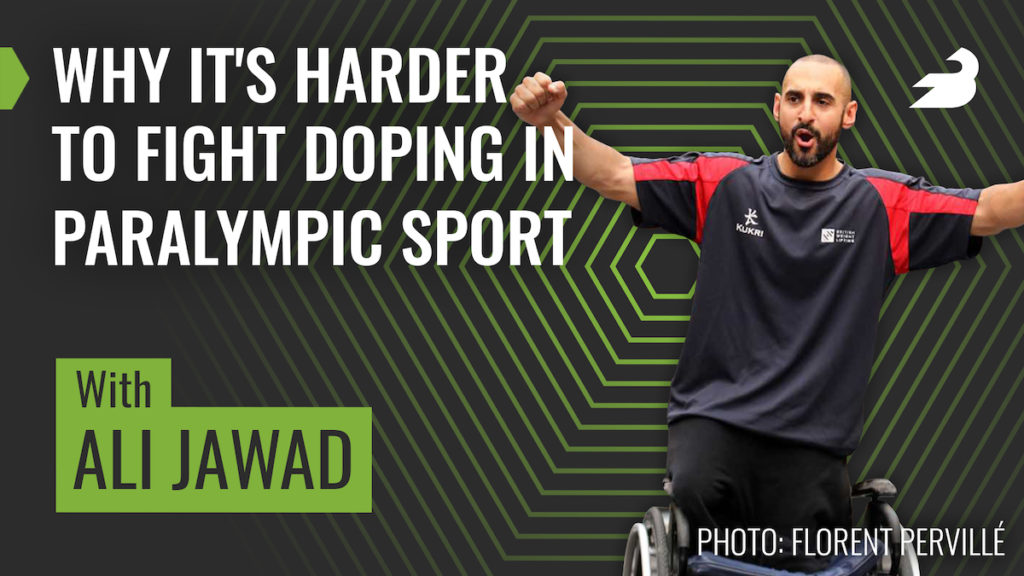Today we’re talking to Ali Jawad, a British Paralympic powerlifter and silver medalist from the 2016 Rio Paralympic Games. Ali was born a double above the knee amputee, and he competed in judo at a high level before finding powerlifting. Ali is one of Britain’s most accomplished strength athletes, and he’s also an outspoken advocate for clean sport and doping controls in Paralympic sport. In our conversation, we talk about how Ali is blending academia and strength sports, why doping controls are more difficult in Paralympic sports, as well as the the challenges Ali faces training with Crohn’s disease.

On this episode of The BarBend Podcast, host David Thomas Tao talks to Ali Jawad about:
- Ali’s bodyweight and competition bench press (2:27)
- Navigating training with Crohn’s disease (5:15)
- Longevity in strength sports (9:30)
- Ali’s passion for anti-doping and doping control, including his work toward a PhD (13:32)
- “Boosting” in Paralympic sport (16:34)
- How long it takes to enable change in international sport (21:15)
- Ways Paralympic powerlifting can grow and evolve (25:40)
Relevant links and further reading: